Born in 1789 (deceased 1845) “Gentleman” John Jackson was a famous pugilist and title Champion of England (1795). After his championship match he opened a boxing academy for gentlemen at 13 Old Bond Street in London, one of the most popular among aristocratic gentlemen. Next to Jackson’s was a fencing club owned by Henry Angelo, and a recommended weekly alternate to Jackson’s regime for gentlemen.
Jackson was the son of a builder who gained the respect of the haute ton because he was a champion and teacher. He was said to be a natty dresser, polite in demeanor, who was also accomplished at sprinting and the long jump.
The science of boxing was systematized by Jack Broughton and consisted of the following rules:
- outlawed hitting below the belt
- prohibited hitting an opponent that was down, on the knees, was considered down.
- Wrestling holds were allowed only above the waist.
- drew a 3-foot square in the center of the ring and when a fighter was knocked down, his handlers had 30 seconds to pick him up and position him on one side of the square ready to reenter the fray. If they failed, or the fighter signaled resignation, the fight was over.
- to prevent disputes, every fighter should have a gentleman to act as umpire, and if the two cannot agree, they should choose a third as referee. (http://www.georgianindex.net/Sport/Boxing/boxing.html)
Eventually, the 19th Century saw the inclusion of boxing gloves rather than bare knuckles, but generally these rules were common practice. Although Broughton invented boxing gloves, Jackson is often credited with introducing gloves to the sport as he often recommended their use.
Students of Jackson could expect, mingled in with the typical club atmosphere of wagering and debate, that they would be put on extreme fitness and diet regimes to help improve their physiques (think of him like the precursor to Jack LaLane…the Juiceman).
Members of Jackson’s included Lord Byron, Duke of York, Duke of Hamilton and and the Prince of Wales. Jackson was so honored that he and seventeen other distinguished prize fighters were employed to dress as pages and guard Westminster Abbey during George IV’s coronation.
His obtiuary reads “As a private associate and boon companion, his company was courted. He was a man of great benevolence, in manner unassuming, and in language and demeanor well-behaved.”

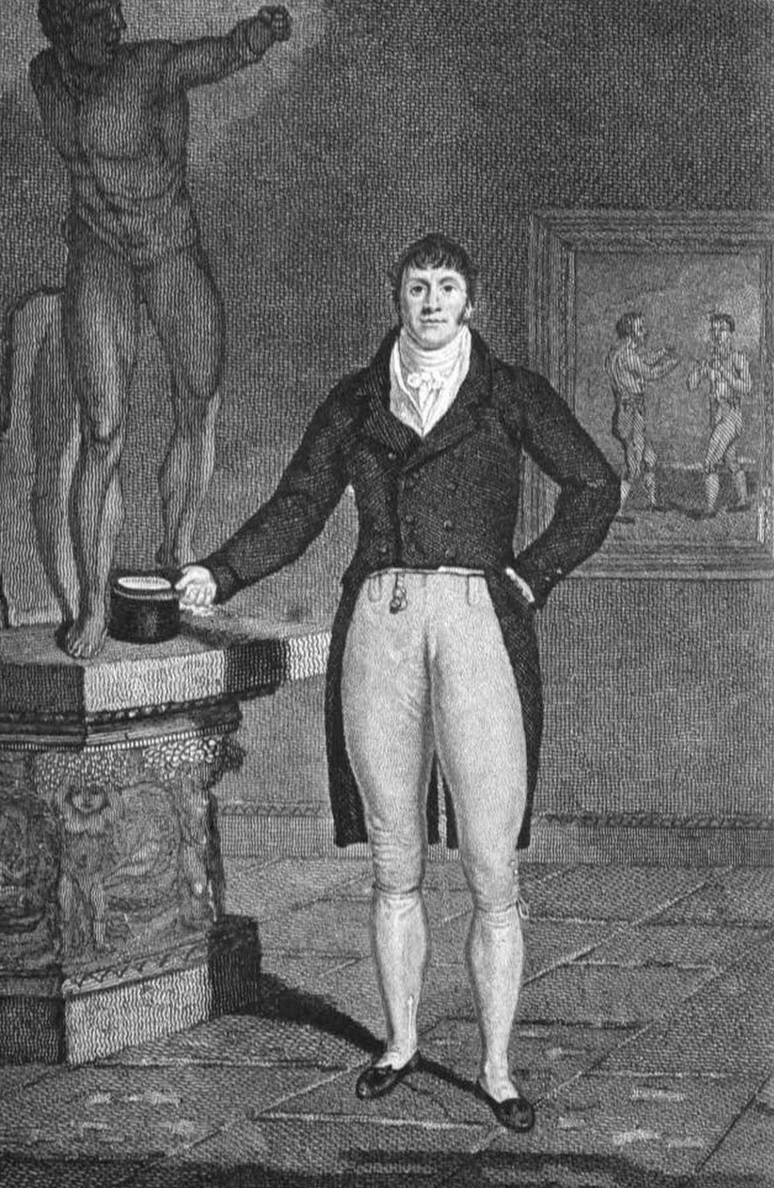
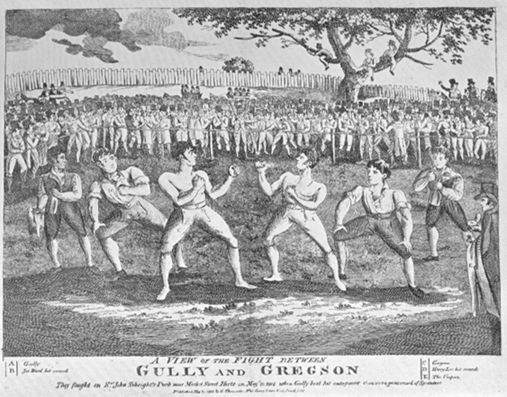

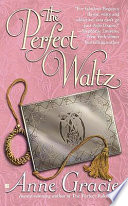
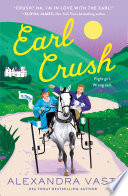

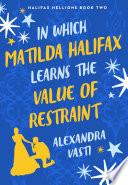

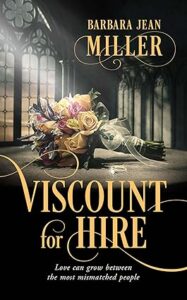



What a nice article, Anne.
Would you like to run it in my next monthly ezine (Upon My Word! The Regency ‘Zine)?
I’ll include a link to your website and an author blurb which you can write.
Please let me know!
Thanks,
Linore Rose Burkard
Pingback: Seen Over the Ether: Regency Hot Spots « Jane Austen’s World